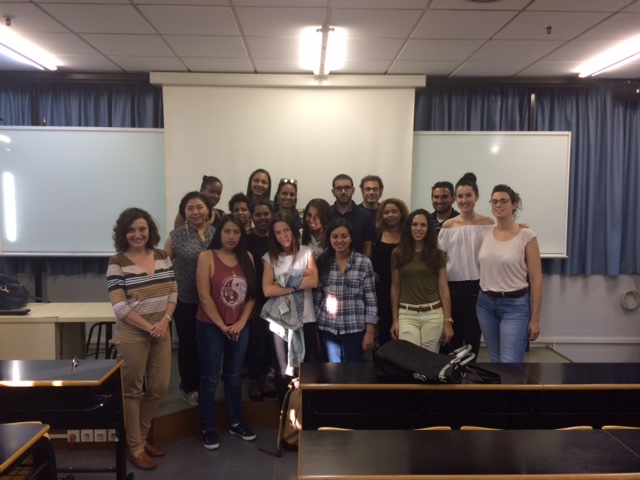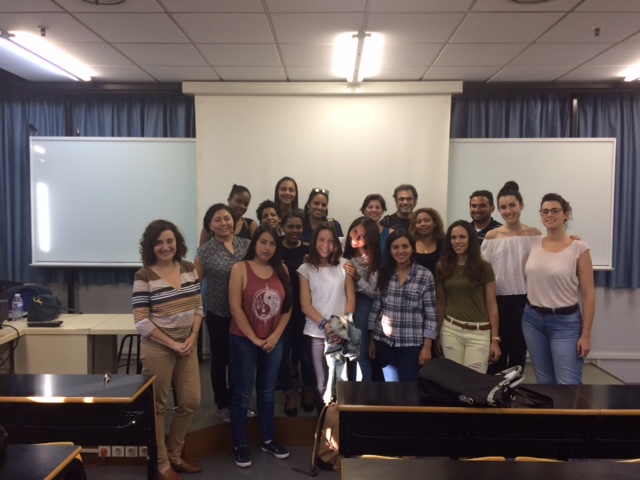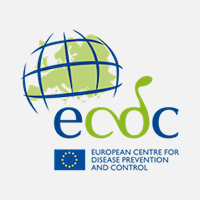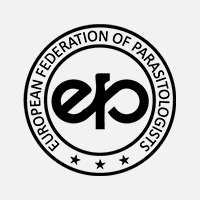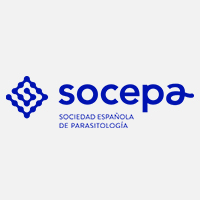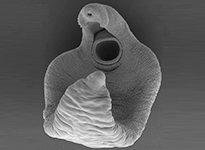
The Department of Cell Biology and Parasitology of the Universitat de València has been developing, for years now, a research line addressed to the study of immune responses to intestinal helminths.
20 january 2016
One of the major aspects in the study of intestinal helminths is the ability this parasites have to regulate immune responses in their hosts. In this sense, this UV department is carrying out a deep research.
UV Research
Within this research line they study, on the one hand, the facts which determine resistance when facing intestinal infections and, on the other hand, the immunoregulatory ability of these helminths. To do so, they use a type of Digenean Trematode, Echinostoma caproni, a human intestinal parasite located in areas such as the East and South of Asia. This species’ distinctive feature is that it is able to infect several species of lab animals generating different answers in each one of them.
In some hosts, such as a CD1 mouse, it generates Th1/Th17 local inflammatory responses along with an important immunopathology, as in intestinal autoimmune illnesses such as the Crohn disease, the Bowel disease or Ulcerative Colitis. However, this same kind of parasite induces Th2 local answers in other species of lab animals such as the Wistar rat, an antagonist answer to that of the mentioned above and with no apparent pathology. This fact allows a compared analysis of the factors which result in one type of answer or another, so that the facts which determine the emergency of autoimmune intestinal illnesses in animal models can be studied in detail.
Some studies which have been carried out have to deepen the knowledge on the factors which determine these different answers. Hence, it has been possible to determine the importance of IL-12 molecules in the generation of inflammatory answers mediated by IFN-gamma and their influence in intestinal pathology mediated by the immune system; moreover, it has aid to determine the transcendence of tissue generation, the specific production of IL-25 or the alternative activation of macrophages in the generation of answers to protect from this immunopathology. All these results arise from a great interest on achieving a better comprehension on the etiology of autoimmune phenomena and may be used in order to control these diseases.








